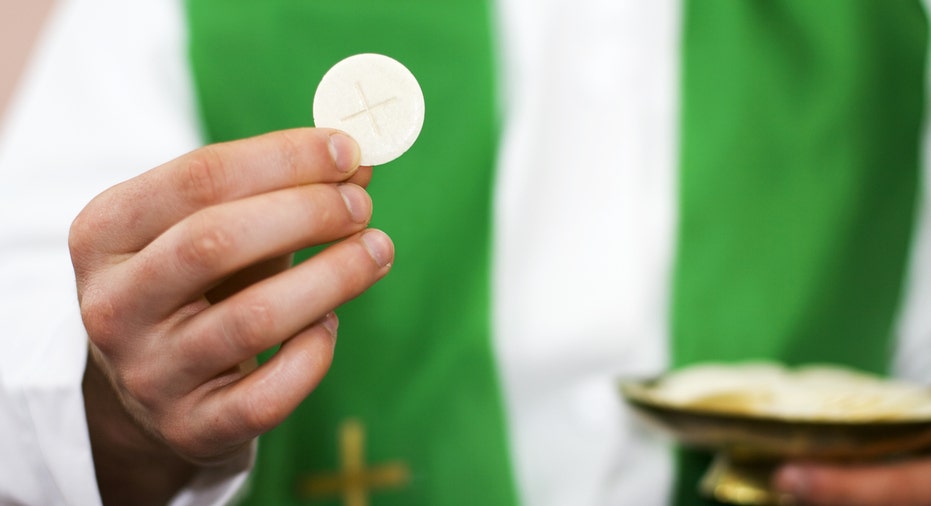Vatican bans gluten-free bread at Holy Communion

In a letter sent to Catholic bishops worldwide, Pope Francis handed down new guidelines requiring that bread used during holy communions should contain at least some traces of gluten.
The new requirements state that “bread used in the celebration of the Most Holy Eucharistic Sacrifice must be unleavened, purely of wheat, and recently made so that there is no danger of decomposition,” the letter states.
Breads made from other substances, even if it is grain, or if it is mixed with another substance different from wheat to such an extent that it would not commonly be considered wheat bread such as rice or potato flours are completely banned. The Vatican says using a different type of bread will “not constitute valid matter for confecting the Sacrifice and the Eucharistic Sacrament.”
The directive, which was dated last month has gotten significant attention especially with people who suffer from celiac disease, a gastrointestinal immune disorder that causes stomach pain, diarrhea, and other digestive issues if exposed to small amounts of gluten. In the U.S., an estimated 1 in 133 Americans, or about 1% of the population suffers from celiac disease, according to the National Foundation for Celiac Awareness.
However, The United States Conference of Catholic Bishops does have a handful of certified manufacturers that made low-gluten bread options—which contain a very small amount of gluten (around 20 parts per million) that The Catholic Church will allow for communion.



















